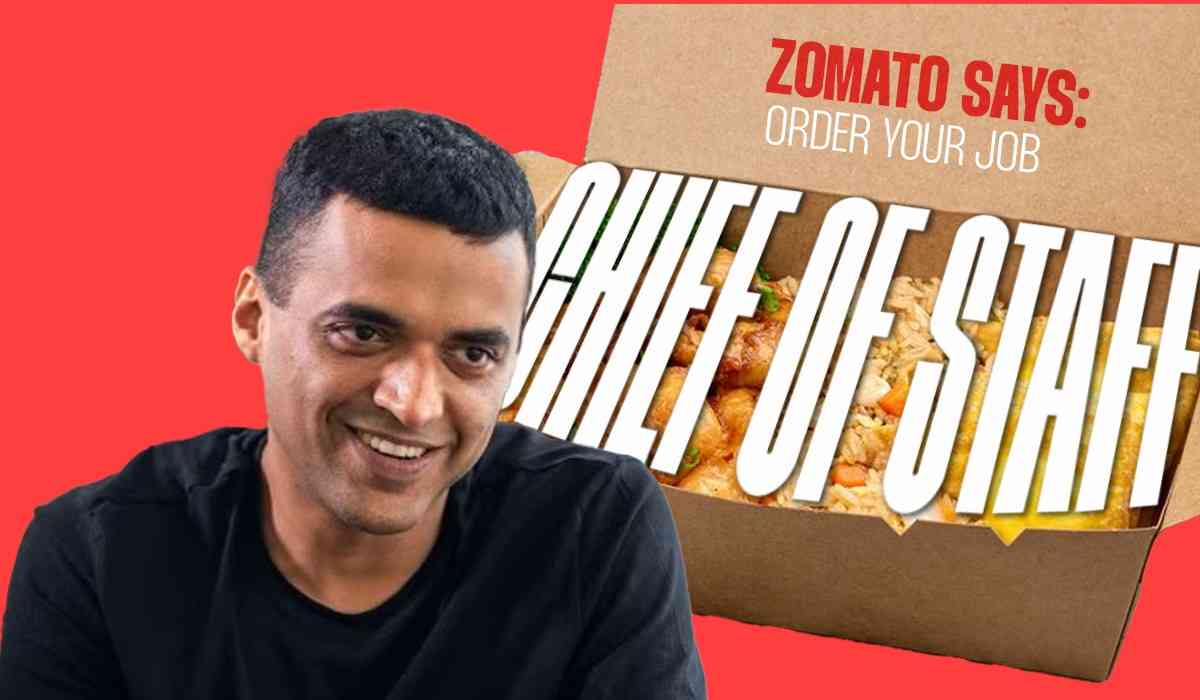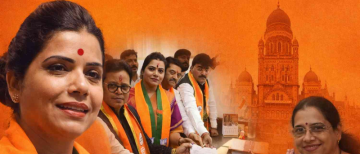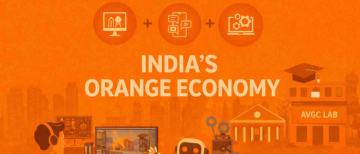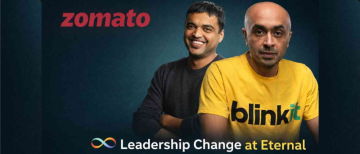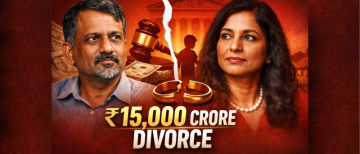Imagine having a job where you pay instead of getting paid!
In the ever-evolving corporate world, job postings typically emphasize the perks, salary, and opportunities for growth. However, Zomato CEO Deepinder Goyal’s recent announcement for a Chief of Staff role turned this norm on its head. The job’s unconventional terms—requiring candidates to pay ₹20 lakh as part of a charity donation while receiving no salary for the first year—ignited a massive debate across social media. The unique offer was a lightning rod for both criticism and admiration, splitting opinions in the online world.
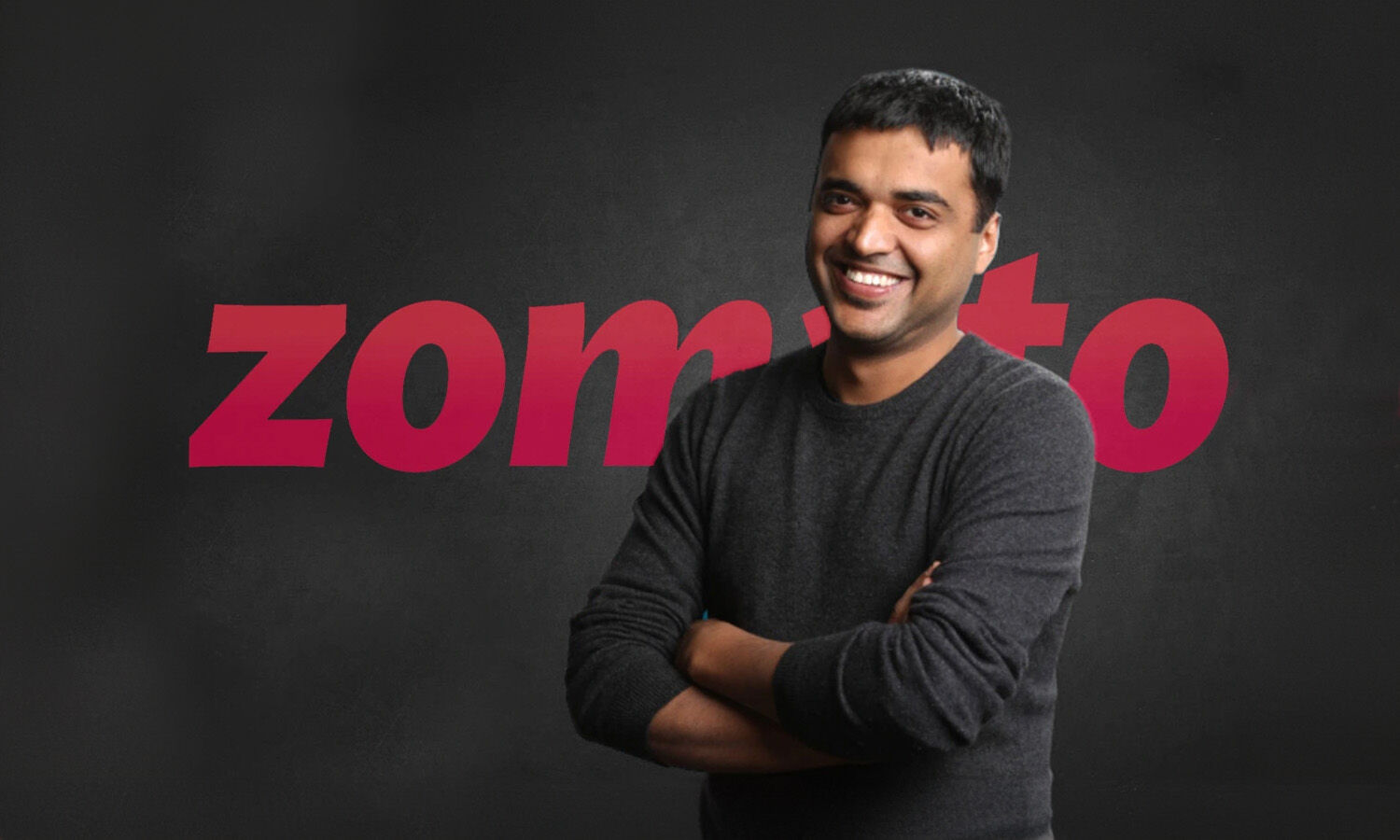
An Unorthodox Job Offer
Deepinder Goyal described the Chief of Staff position as an unparalleled opportunity to work closely with him and contribute to high-impact projects like Blinkit, Hyperpure, and Feeding India. Goyal emphasized that the position was designed for individuals prioritizing personal and professional growth over financial gain or prestige. The selected candidate would learn more in this role than through a two-year MBA at a top management school.
Key terms of the job included:
-
No salary in the first year.
-
A ₹20 lakh payment, entirely donated to Zomato’s non-profit arm, Feeding India.
-
From the second year, a guaranteed annual salary exceeding ₹50 lakh.
Goyal clarified that Zomato would contribute ₹50 lakh to a charity of the candidate’s choice, further positioning the role as a philanthropic and growth-oriented opportunity.
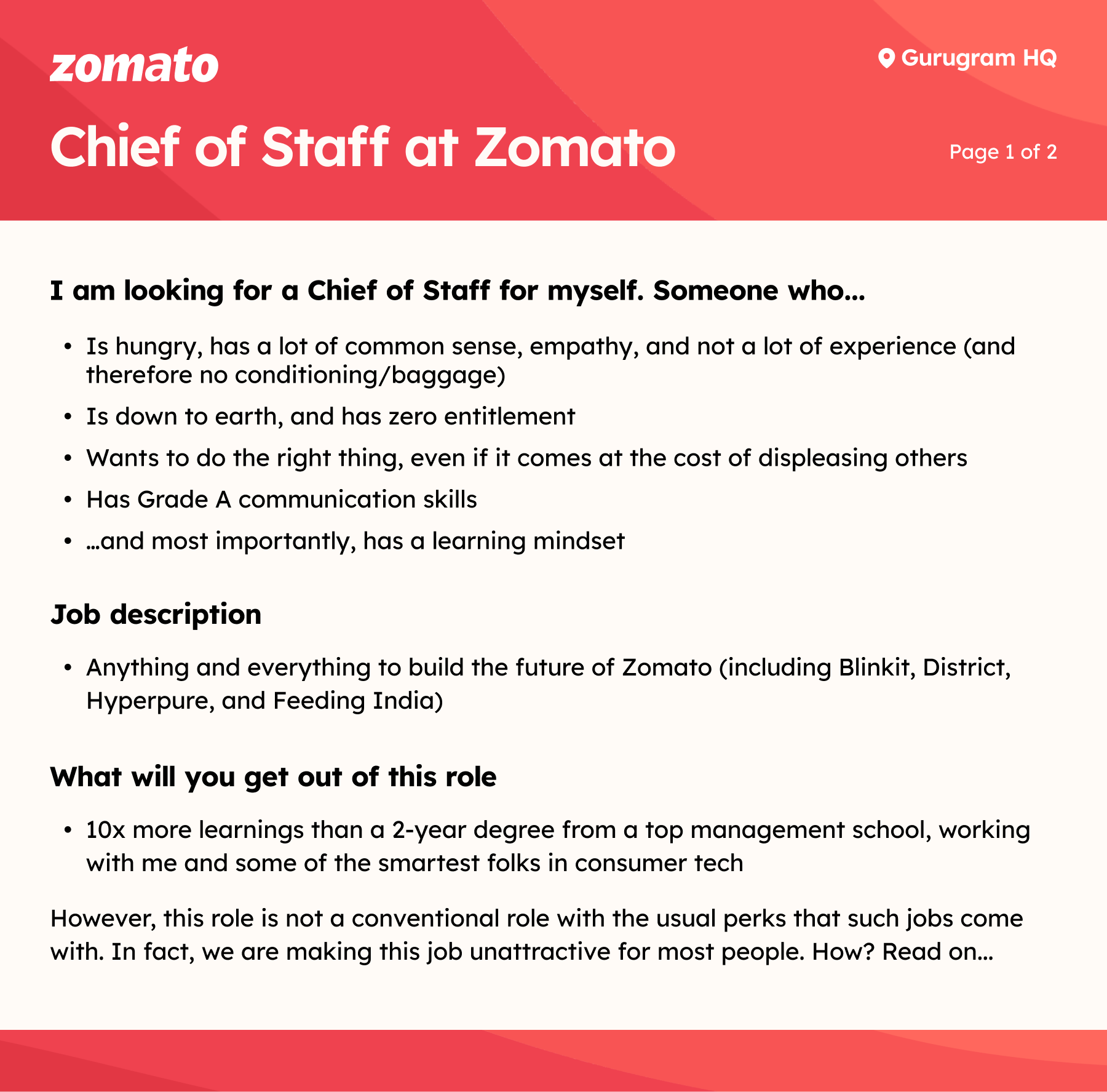
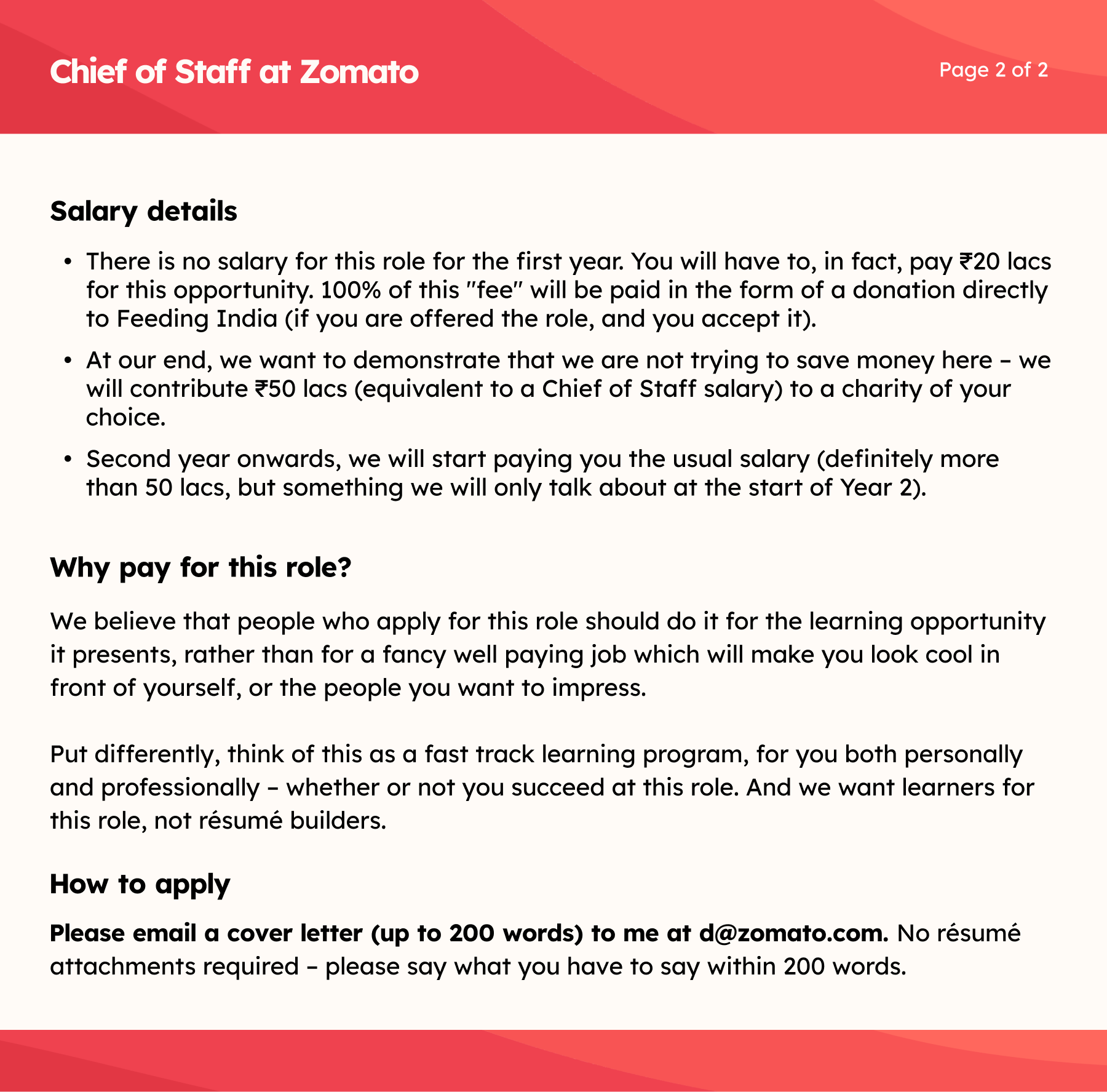
Backlash: “A Job Shouldn’t Cost You”
Social media platforms, especially X (formerly Twitter) and LinkedIn exploded with reactions. The backlash was swift and sharp, with critics calling the job posting a thinly-veiled filter for the elite, effectively alienating middle-class aspirants.
_1732186992.png)
- Exclusionary Nature
The ₹20 lakh requirement drew the most criticism, with users pointing out how it excluded capable individuals who might lack the financial means but possess the requisite skills and hunger for growth.
-
One user tweeted, “By asking for ₹20 lakh, you’ve already sidelined millions of Indians. This isn’t a learning opportunity; it’s a privilege for the rich.”
-
Another added, “Asking ₹20 lakh creates an artificial barrier for candidates with immense potential but limited resources. This caters to the wealthy, not the hungry learners you seek.”
_1732186939.png)
- Unpaid Work Normalization
Critics also raised concerns about normalizing unpaid jobs under the guise of unique opportunities. Many argued that jobs should help individuals sustain themselves financially, not require them to dip into their savings or family wealth.
-
“Are we normalizing unpaid internships disguised as jobs? A job is meant to help people pay their bills, not demand payments from them,” one commenter wrote.
-
Another remarked, “Three months of unpaid work is reasonable for evaluation, but expecting ₹20 lakh upfront is exploitative.”
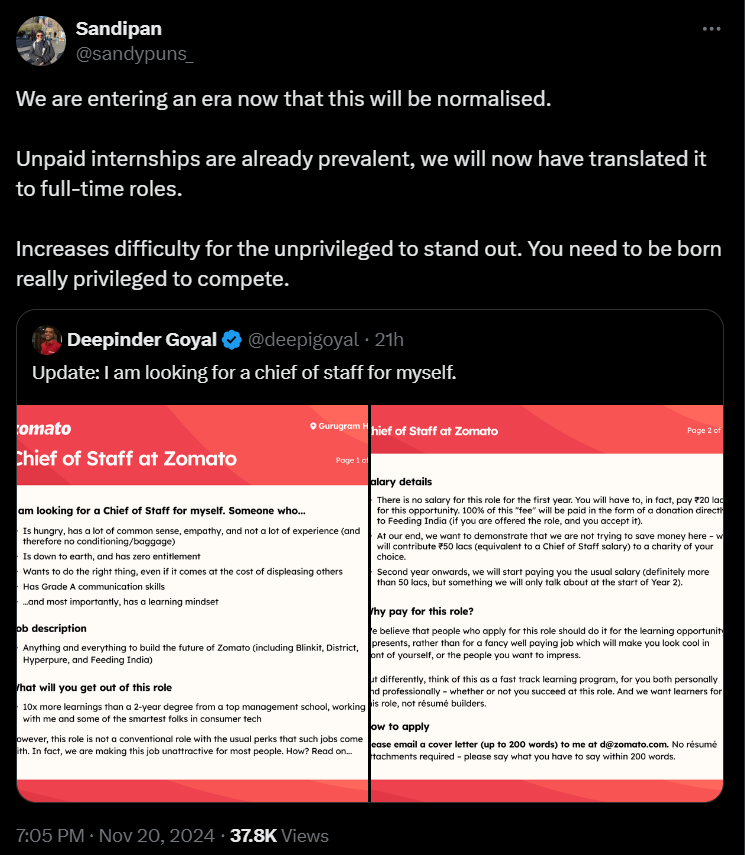
- Comparison to Gig Worker Exploitation
Several users drew parallels between this posting and the gig economy, where companies often face accusations of underpaying delivery personnel.
-
“As if exploiting gig workers wasn’t enough, now Zomato expects aspirants to pay for jobs,” said one commenter sarcastically.
_1732187503.png)
Support: “Filtering for True Passion”
While the criticism was widespread, some defended Goyal’s approach, praising its ingenuity in identifying candidates genuinely committed to growth.
_1732187549.png)
- A Bold Filtering Mechanism
Proponents argued that the ₹20 lakh fee acted as a filter to find individuals willing to invest in themselves and who truly believed in the vision of the role.
_1732187783.png)
-
“This is the ultimate talent filter. It ensures only the most passionate, risk-taking individuals apply. The charity aspect is a nice touch, too,” said one LinkedIn user.
-
Another added, “Those who can afford ₹20 lakh upfront and survive without a salary are already high-achievers, making this a win-win for Zomato.”
_1732187578.png)
- Beyond Money: A Learning Opportunity
Supporters emphasized the unparalleled learning curve promised by the job. Goyal’s assurance of a salary exceeding ₹50 lakh from the second year onwards was seen as a testament to the role’s long-term value.
-
“Think of this as a fast-track MBA, with the added benefit of real-world experience. The ₹20 lakh is an investment in yourself, not a fee,” one defender argued.
_1732187633.png)
Publicity Stunt or Genius Strategy?
Some viewed the job posting as a calculated PR move by Goyal to generate buzz around Zomato and its initiatives. The unconventional terms certainly succeeded in grabbing attention, as the post garnered over 6.5 million views and sparked widespread conversation.
_1732187710.png)
-
“Whether or not someone applies, this post has everyone talking about Zomato. Mission accomplished,” observed a social media strategist.
-
“This feels more like a publicity stunt than a genuine hiring attempt. If so, it’s worked brilliantly,” another user commented.
_1732187675.png)
The Bigger Picture: What This Means for Hiring Practices
Deepinder Goyal’s job posting has raised larger questions about hiring practices in corporate India:
-
Inclusivity in Hiring: Does attaching a financial barrier limit access to opportunities for deserving candidates from diverse socioeconomic backgrounds?
-
Ethical Considerations: Is it ethical to ask candidates to work unpaid and pay for a job under the pretext of charity?
-
Future Trends: Will other companies adopt similar practices, creating a divide between those who can afford these opportunities and those who cannot?
A Divisive Yet Thought-Provoking Move
Deepinder Goyal’s Chief of Staff job posting has sparked a polarizing debate, highlighting differing perspectives on privilege, ambition, and fairness in hiring. While some laud the role as a groundbreaking opportunity for self-growth, others criticize it as a tone-deaf initiative catering only to the wealthy.
Whether seen as a publicity stunt or a legitimate strategy, the posting has undeniably made waves across social media, reflecting the evolving nature of work, ambition, and corporate expectations in modern India. The long-term success or failure of this experiment will reveal whether it was truly visionary—or a misstep in hiring practices.
With inputs from agencies
Image Source: Multiple agencies
© Copyright 2024. All Rights Reserved Powered by Vygr Media.

